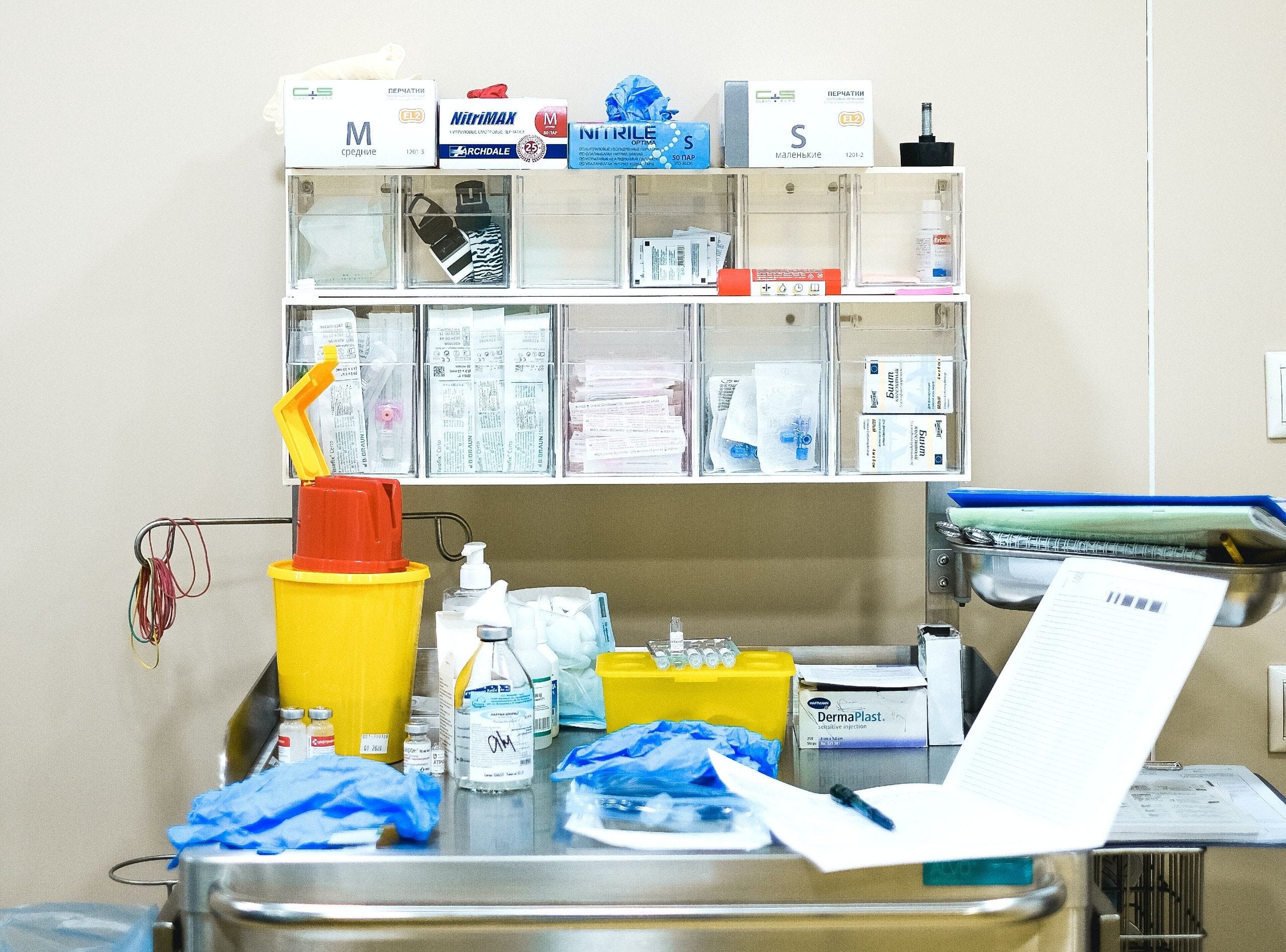Allergan Could Shutter, Avoiding Legal Liability in Opioid MDL
AbbVie fights a subpoena over its $63B Allergan acquisition as Chicago seeks details on potential opioid litigation payouts, raising questions about liability and compensation.
Updated on
In one pending bellwether in the nationwide multidistrict litigation against opioid manufacturers, one defendant’s parent company is attempting to block a subpoena for internal documents. AbbVie is resisting a request from the plaintiff, the city of Chicago, for the documents detailing its $63 billion acquisition of defendant company, Allergan. In its fight against the subpoena, AbbVie has insinuated it may shut down Allergan entirely to avoid future legal penalty over alleged illegal opioid sales.
The Subpoenaed Documents
Pharmaceutical company, AbbVie isn’t named as a defendant in the Chicago lawsuit. Nevertheless, its 2020 acquisition of Allergan makes it an active player in the results of this and other opioid litigation involving Allergan. In a 2020 quarterly report, AbbVie noted there are currently approximately 3,000 pending lawsuits against Allergan, alleging improper sales and promotion of its opioid products.
In a motion to dismiss the subpoena for records of the $63 billion deal, AbbVie described the request as vague and overbroad. The company also alleged the request was based on “rank speculation” that the documents covering the Allergan/AbbVie deal would contain any information relevant to the MDL.
In response, Chicago argued that the documents would better help participants understand AbbVie’s position when it came to paying on any future judgment in the case. The plaintiff further claimed that since AbbVie now controls Allergan’s assets, understanding the terms of the deal paints a fuller picture of those assets.
Chicago also raised concerns that AbbVie might dissolve Allergan completely in order to avoid losing Allergan’s assets in the opioid litigation. In its response to AbbVie’s motion, the city stated that it “will take whatever action is required to preserve Allergan assets necessary to pay a judgment in this action, or to stop Allergan from being closed down or turned into an empty shell with its assets scattered elsewhere inside AbbVie.”
Allergan and AbbVie Within the Opioid MDL
The city of Chicago became one of the first municipal governments in the United States to pursue compensation from drugmakers for their role in the opioid crisis. The city’s claims involve not only Allergan but also several other prominent opioid manufacturers.
Among the defendants is Teva Pharmaceuticals—to whom Allergan sold its generic drug business, Actavis Generics, in 2016. Arguments continue to rage over the terms of this deal, including to what extent those terms make Teva or Allergan responsible for judgments involving Actavis and its products.
This Chicago-led case is one of approximately 2,000 pending lawsuits that have been gathered into a single multi-district case, known collectively as the National Prescription Opiate Litigation. In 2019, Allergan reached a $5 million settlement rather than participate in the opioid MDL’s very first bellwether trial, however, further settlements from other participants ultimately ended the need for that trial. While Allergan has stated that it is still seeking opportunities for resolution, the company has yet to describe a global settlement offer.
The bellwethers for the National Prescription Opiate Litigation formally began on October 21, 2020, in the Northern District of Ohio. Although before proceedings kicked off, several defendants—including Allergan, Teva, McKesson, Cardinal Health, AmerisourceBergen, Johnson & Johnson, Mallinckrodt, and Endo International—agreed to hefty settlements rather than going to trial. These deals have not yet been finalized, nor do they cover every lawsuit Allergan faces within the MDL. They do, however, signify an important step towards finding resolution in the national opioid MDL.
The Impact on Opioid Litigation
At the heart of the dispute between Chicago and AbbVie is the question of Allergan’s ability to pay any future judgments it may face in the opioid-related cases that remain open. Chicago argues that the details of the deal shed useful light on Allergan’s ability to pay; AbbVie argues they do not.
The question of if and how much drugmakers and distributors can afford to pay, in turn, weighs on two key questions in the opioid litigation. First, to what extent are the defendants liable for the opioid addiction epidemic? And second, what can they be expected to pay in compensation?
Though the details of the AbbVie/Allergan deal may not weigh heavily on Allergan’s alleged liability in the opioid crisis, they may provide insight into the company’s ability to compensate cities and states for the damage the crisis has caused. Documentation of mergers and acquisitions often contains detailed data revealing the financial health of the company to be acquired—here, Allergan. That snapshot of Allergan’s assets, liabilities, and overall financial health could help the city of Chicago, and similarly-situated plaintiffs across the MDL, make their case regarding the value of any judgment against drug companies.


